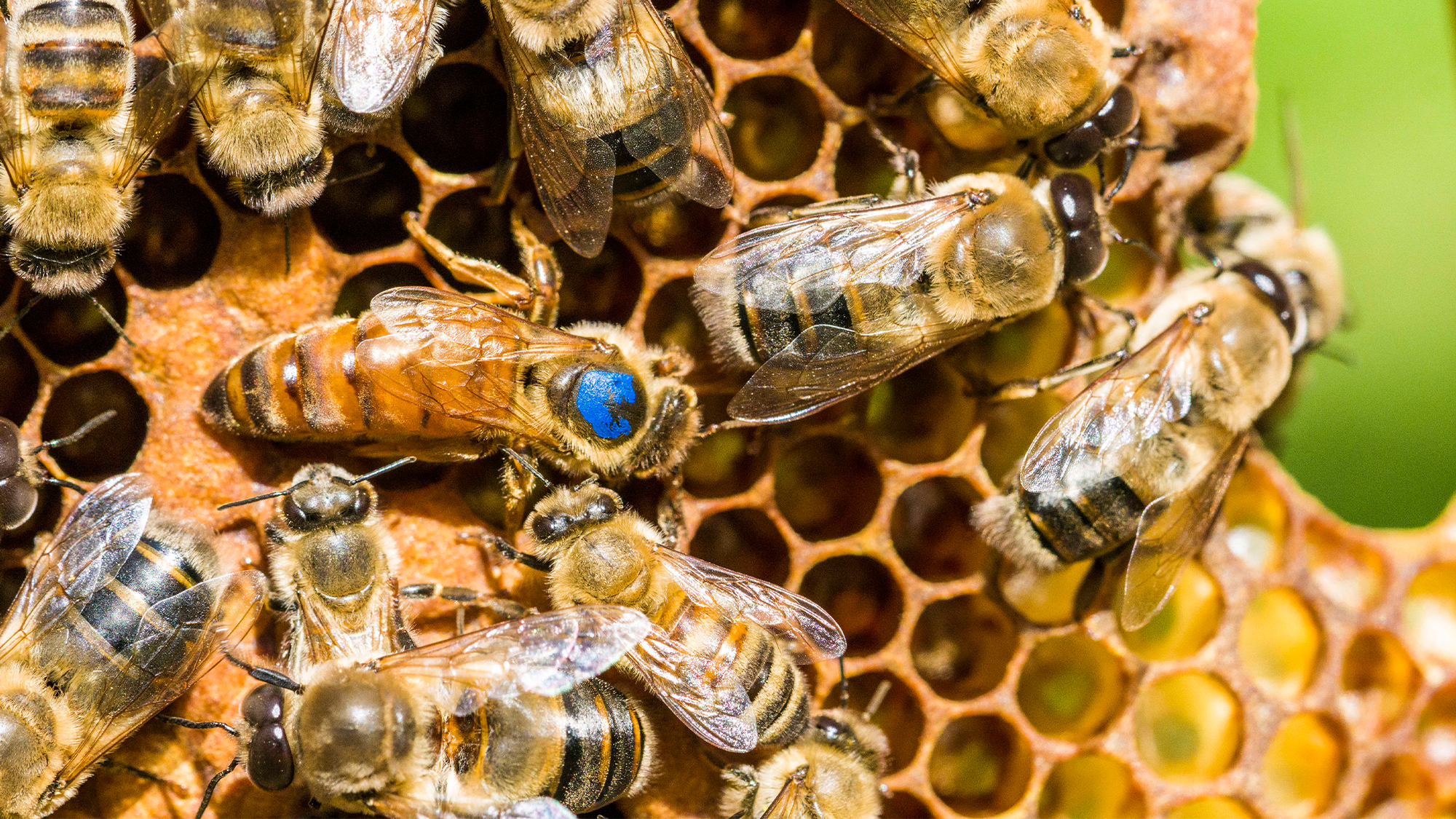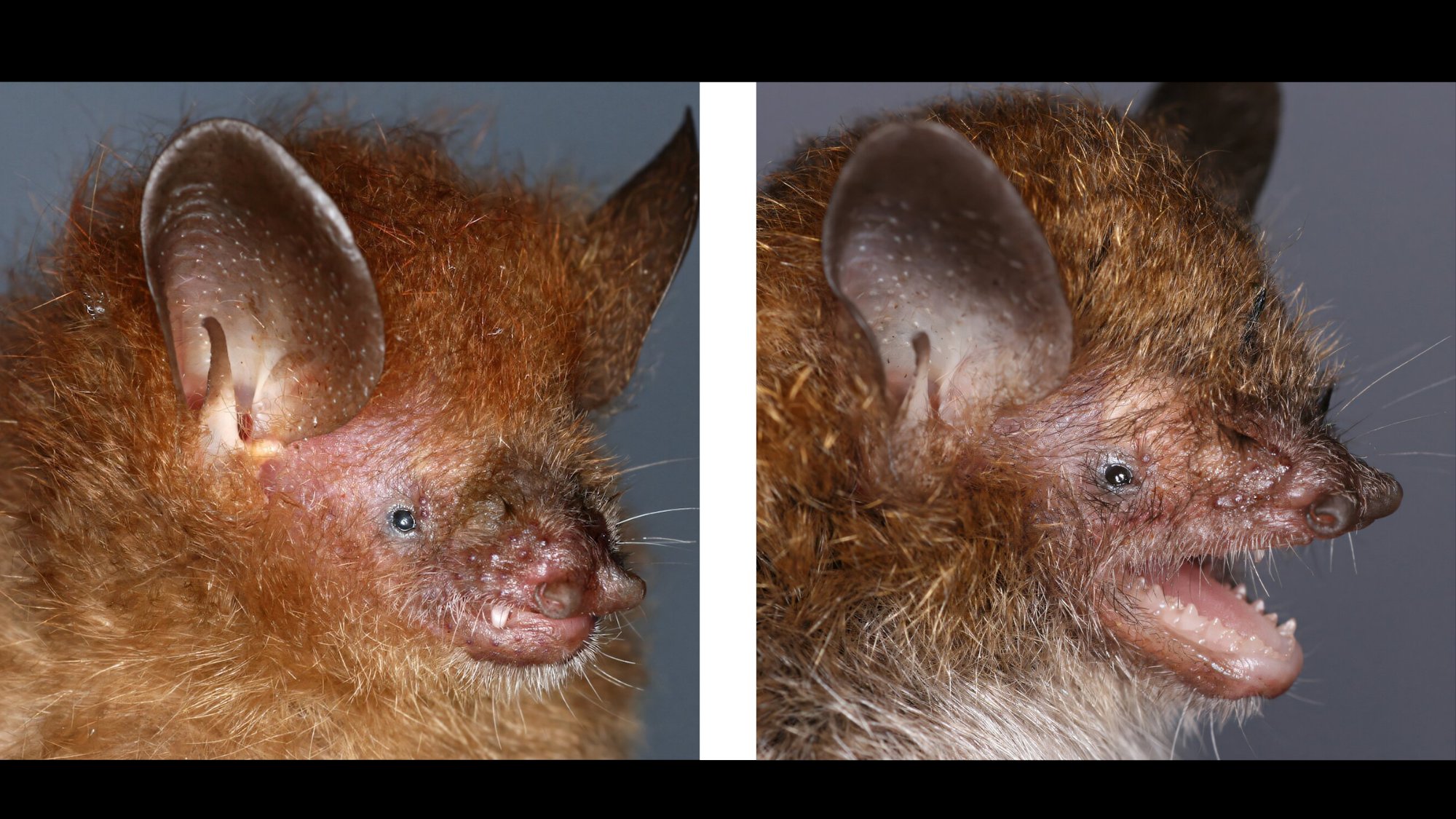
A once-powerful ruler is sick. The virus threatens the entire kingdom. Previously loyal subjects plot to overthrow their leader. A new, more virile ruler ascends. This is not the plot of a new Game of Thrones spinoff, but a common and violent reality in honey bee colonies. As with any coups, the plans come with risks and rewards for bee colonies and the wide food systems that depend on them for pollination. This process, called supersedure, happens when the tens of thousands of worker bees can sense if their queen is no longer laying enough eggs. The workers then coordinate to replace her with a new and healthier queen. In the wild, this survival strategy helps wild colonies adapt. For keepers managing hives, it can mean trouble. It often leads to gaps in egg-laying, weaker colony populations, and less honey production and pollinating. We are now beginning to understand more about the reasons behind these violent bee revolts and how they are so well coordinated. A team at the University of British Columbia in Canada studying supersedure found common viral infections shrink a queen’s ovaries. The shrinking then reduces the queen’s egg-laying capacity and her production of a pheromone that usually keeps workers loyal called methyl oleate. When methyl oleate levels drop, the worker bees can “smell” the queen’s weakness–and begin preparing her successor to rule. The findings were detailed in a study recently published in the journal Proceedings of the National Academy of Sciences (PNAS). Queen honey bee marked with a blue heart. Image: Shelley Hoover “A healthy queen can lay as many as 850 to 3,200 eggs per day, which is more than her whole body weight,” study co-author Dr. Leonard Foster, a biochemist and molecular biologist at UBC, said in a statement. “But in our experiments, virus-infected queens laid fewer eggs and produced less methyl oleate. That pheromone reduction seems to be the signal to workers that a queen is no longer fit to continue.” Bees are essential to our planet’s food systems. They pollinate about one-third of the world’s crops, making them critical to food security. For at least 20 years, beekeepers have been reporting problems with queen failure and premature supersedure. Recent surveys identified “poor queens” as the most frequently reported cause of colony losses. This new research pinpoints how viral infections are a driving factor behind these challenges. The tiny pathogens disrupt the delicate balance of chemical signals that maintain order in a hive. Importantly, the team found a potential method for beekeepers to intervene and manage supersedure. In proof-of-concept field trials, colonies were given synthetic pheromone blends that included the pheromone methyl oleate. These groups were less likely to rear new queens, compared with colonies that received blends without the egg-laying, worker loyalty pheromone. “That could be a big deal for beekeepers,” said Foster. “Supersedure can be disruptive and costly, but supplementing colonies with methyl oleate could help stabilize hives during periods when continuous productivity is most important.” According to the team, these findings could inform new management for commercial beekeepers dealing with viral outbreaks, especially during periods of peak pollination or honey production. Ultimately, they could help prevent untimely queen loss. “Our research really emphasizes how virus infections in queens can be a major problem for beekeepers,” added study co-author and biologist Dr. Alison McAfee. “Previous studies showed that failing queens were heavily infected with viruses, and now we know that those infections can lead to supersedure, which is risky for the colony and expensive for beekeepers to manage.” The research also highlights the role of varroa mites. These parasitic pests can spread the viruses that are linked to queen failure. Keeping colonies healthy and parasite-free can help prevent queen loss. “Keeping the queen healthy is one more reason why it is so critical to think ahead and keep varroa levels under control,” said McAfee. “There is currently no treatment for viruses in honey bee colonies, but now that we better understand their impact, we can change the way we manage varroa to give the queen a better chance.” The post Queen bees are violently ousted if worker bees smell weakness appeared first on Popular Science.
Tags:
#Environment
#Animals
#Bees
#Biology
#Insects
#Science
#Wildlife
Original Source
This article was originally published by Popular Science.
Quick Actions
Article Info
- Published
- Tuesday, October 28, 2025
- Source
- Popular Science
- Author
- Laura Baisas
- Reading Time
- 4 minutes
- Category
- Science





